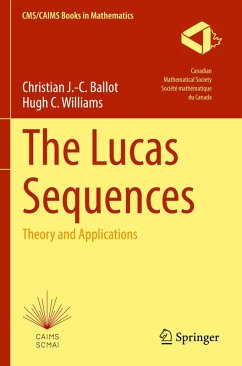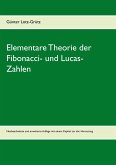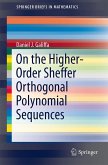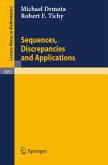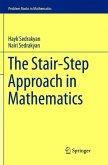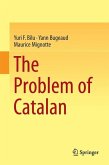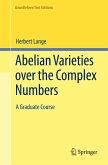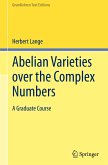Although the Lucas sequences were known to earlier investigators such as Lagrange, Legendre and Genocchi, it is because of the enormous number and variety of results involving them, revealed by Édouard Lucas between 1876 and 1880, that they are now named after him. Since Lucas' early work, much more has been discovered concerning these remarkable mathematical objects, and the objective of this book is to provide a much more thorough discussion of them than is available in existing monographs. In order to do this a large variety of results, currently scattered throughout the literature, are brought together. Various sections are devoted to the intrinsic arithmetic properties of these sequences, primality testing, the Lucasnomials, some associated density problems and Lucas' problem of finding a suitable generalization of them. Furthermore, their application, not only to primality testing, but also to integer factoring, efficient solution of quadratic and cubic congruences, cryptography and Diophantine equations are briefly discussed. Also, many historical remarks are sprinkled throughout the book, and a biography of Lucas is included as an appendix.Much of the book is not intended to be overly detailed. Rather, the objective is to provide a good, elementary and clear explanation of the subject matter without too much ancillary material. Most chapters, with the exception of the second and the fourth, will address a particular theme, provide enough information for the reader to get a feel for the subject and supply references to more comprehensive results. Most of this work should be accessible to anyone with a basic knowledge of elementary number theory and abstract algebra. The book's intended audience is number theorists, both professional and amateur, students and enthusiasts.
"In this book, not only Lucas Ln sequences have been analyzed but also it is discussed that Lucas Ln sequences have found an application in dynamical systems as well as other good applications. ... In the Appendix, the authors provide a short biography of Lucas' life, where they mention some of his personality traits and discuss his legacy." (Ugur Duran, zbMATH 1541.11001, 2024)

